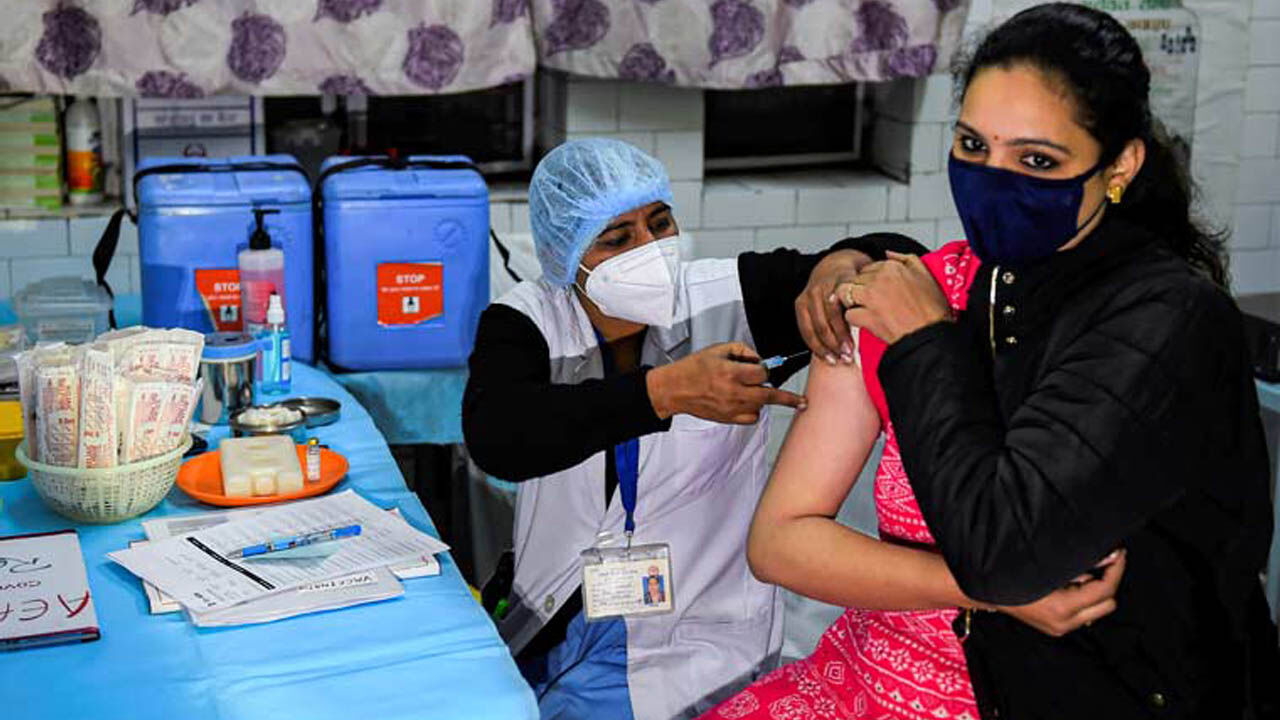A shot in the arm

Just a few days after the Central government cleared the path for booster doses in India, a government panel recommended the Drugs Controller General of India (DCGI) to grant permission for Emergency Use Authorization (EUA) for two new Covid-19 vaccines — Covovax and Corbevax. The DCGI has now finally approved the emergency use of the two vaccines. EUA for the two vaccines will complement India's pursuit of booster vaccinations. In fact, it could serve as a bridge to eliminate an existing gap in this regard. Among the set of vaccines prior to the approval of Covovax and Corbevax — Serum Institute's Covishield, Bharat Biotech's Covaxin, Russian-origin Sputnik-V and Zydus Cadila's ZyCov-D — Covishield has been administered to the largest chunk of people, around 90 per cent. However, reports suggest that the booster shot shall be based on a different platform than that of the vaccines given as initial two doses. In the case of India, Covishield and Sputnik are adenovirus-based vaccines while Covaxin is an inactivated-whole virus vaccine. The efficacy of Covishield as a booster vaccine, though validated by some reports, is still dubious — particularly because it has been administered to the majority of the population as the primary vaccine. Furthermore, the data around efficacy of Covishield as a booster has been scanty. The level of data collection and study around Pfizer and Moderna vaccines, in contrast, is impressively high. Expert bodies have shown confidence in approving the both mRNA vaccine for booster doses. The same, however, is not true for the vaccines used in India. This is also reflected in the half-hearted approach towards the booster vaccination in the country. India will start administering boosters from January 10 but the time lag between the second dose and the booster dose is kept to the tune of nine to 12 months. This is where the new vaccines could chip in. Both Covovax and Corbevax are protein-based vaccines with slight differences. Covovax application for recommendation was pending since October this year. It must be noted that though the vaccine is recommended for emergency use authorization very recently, SII has been stockpiling the vaccine since May — after receiving the DGCI nod for the same purpose. Now approved by the drug regulator, Covovax could prove to be handy in the present situation, as it comes with a ready-made stockpile that can contribute to the booster vaccination. The credibility of the vaccine stems from the fact that it is a modified form of an already successful vaccine — Novavax. Further, it has also been listed for emergency use by the World Health Organization. And not to forget the proven credentials of Serum Institute of India. Corbevax, at the same time, is being manufactured by Hyderabad-based Biological E. It has been recommended for emergency use authorization after submitting ample data around the safety of its use, as gathered from clinical trials. Both these vaccines are based on different platforms than that of the remaining vaccines, and can be explored for use as booster shots as well. Both the vaccines will unquestionably strengthen India's vaccine mix in the longer run, taking us more in line with the 'no one is left behind' approach. It is learnt that two more vaccines are in the pipeline which could get market authorization in the near future. The first is Bharat Biotech's intranasal vaccine and the second is Gennova's mRNA vaccine. Gennova's vaccine could mean a real breakthrough as it could be India's first mRNA vaccine. It will be interesting to see the timeline of its approval and market authorization. As India currently leaps forward for a booster dose, mRNA vaccines could prove out to be very handy. Gennova's mRNA vaccine also does away with one of the major hurdles that have been faced in adopting Pfizer and Moderna vaccines — the prerequisite of storing these vaccines under ultra-cold storage. Since it can be stored in a temperature range of 2-8 degrees Celsius, it will easily fit into India's vaccine supply structure. India's fight against Covid-19 is further strengthened by the introduction of the anti-Covid pill Molnupiravir. Studies have found it to be efficacious against combating the virus. DCGI has approved the pill along with Covovax and Corbevax. In light of these developments, it can be said that amid the gloom of the rising Omicron cases, some good news is knocking at our doorsteps, which can help us in the longer run. It is heartening to see that the government is showing alacrity in adopting best of protective methods to ensure safety of citizens. The same level of seriousness needs to be maintained until the pandemic is over, and it needs to be reciprocated by general masses as well, by taking timely jabs.



